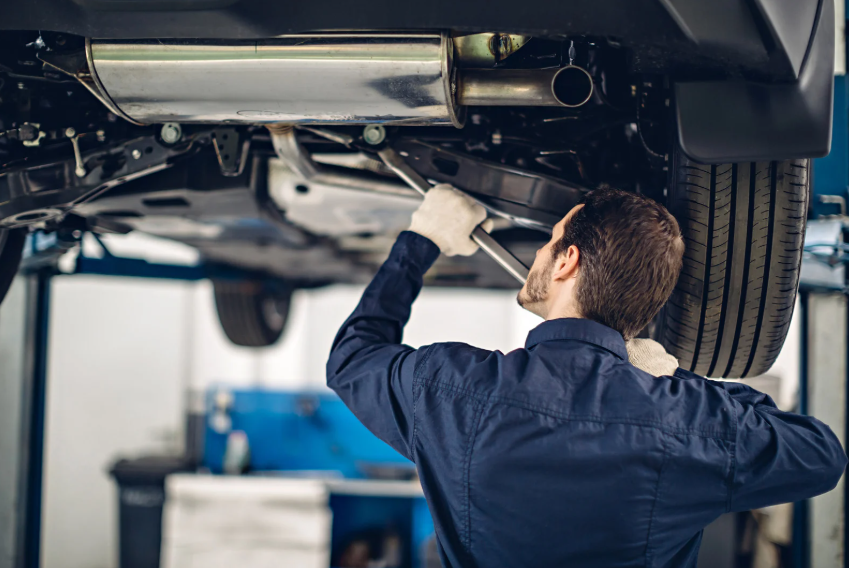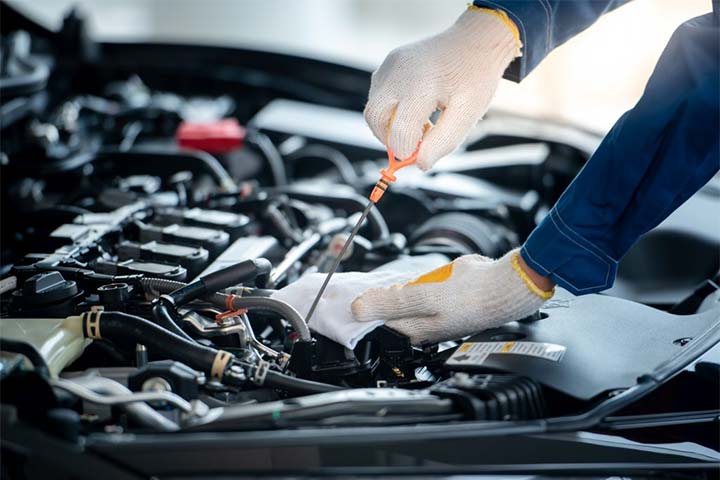Owning a BMW is a privilege, as these vehicles are renowned for their engineering, luxury, and performance. However, like any car, regular maintenance and timely repairs are crucial to ensure your BMW runs smoothly for years to come. Neglecting routine care can lead to expensive BMW auto repair issues. This blog will discuss some of the most common BMW auto repair problems and provide tips on how to prevent them, saving you time and money in the long run.
Engine Problems
Common Engine Issues in BMW Cars
The engine is the heart of any vehicle, and BMW engines are no exception. One of the most common BMW auto repair issues is engine problems such as oil leaks, overheating, or faulty sensors. These issues can manifest as strange noises, poor fuel efficiency, or warning lights on your dashboard. Ignoring engine-related issues can result in more severe damage and costly repairs.
Prevention Tips:
To prevent engine problems, regular maintenance is key. Ensure timely oil changes to maintain optimal engine performance and prevent overheating. Keeping an eye on coolant levels and ensuring your radiator is functioning correctly can help prevent further engine-related issues. Additionally, always check for leaks and address them promptly to avoid bigger problems down the road.
Transmission Problems
Signs of Transmission Trouble in BMW Vehicles
Transmission problems are another common BMW auto repair issue. You may notice rough shifting, slipping gears, or delayed acceleration, which often indicates that your transmission is malfunctioning. Low transmission fluid or a worn-out clutch can be primary causes of these issues. If not addressed, these problems can lead to significant repair bills and even total transmission failure.
Prevention Tips:
Regularly checking the transmission fluid and topping it off when needed can help maintain smooth shifting. Additionally, replacing a worn-out clutch in a timely manner can prevent further damage to your transmission system. Routine transmission maintenance can save you from the high costs of repairing or replacing the transmission altogether.
Brake System Issues
Brake Problems in BMW: What to Watch Out For
BMW’s advanced braking system is designed to provide superior stopping power, but brake problems are not uncommon. Squealing, grinding noises, or unresponsive brakes are signs that your brake system may need attention. Issues like worn-out brake pads or low brake fluid can compromise your safety on the road and lead to expensive BMW auto repair costs.
Prevention Tips:
To prevent brake system issues, it is essential to inspect your brake pads regularly and replace them before they become too worn. Ensure your brake fluid is at the appropriate level, as low brake fluid can affect braking performance. By staying on top of brake maintenance, you can avoid costly repairs and ensure that your BMW’s braking system is always performing at its best.
Electrical Problems
Troubleshooting BMW Electrical System Issues
Electrical issues in a BMW can manifest in several ways, such as a dead battery, faulty alternator, or malfunctioning sensors. These problems can affect various systems in your vehicle, from lighting to engine management. Electrical failures are often overlooked, but they can result in serious BMW auto repair needs if not diagnosed and repaired promptly.
Prevention Tips:
Perform regular battery checks every 12 months to ensure it is holding a proper charge. Keep an eye on your alternator and any electrical components, and avoid overloading your electrical system by turning off unnecessary electronics when the engine is off. Proper care of your car’s electrical system can save you from the inconvenience of sudden breakdowns and expensive repairs.
Suspension and Steering Issues
Suspension and Steering Problems in BMW Cars
Issues with your BMW’s suspension or steering can greatly affect the driving experience. Uneven tire wear, strange noises, or handling problems like misalignment are common signs of suspension problems. Steering problems, such as vibration or difficulty turning, often indicate a potential issue with the steering components or alignment.
Prevention Tips:
Regularly rotating your tires and ensuring your vehicle is aligned can help maintain even tire wear and improve handling. If you notice any signs of wear in your suspension components, such as creaking or discomfort while driving, have them checked out immediately. Timely attention to your suspension and steering systems can prevent costly BMW auto repair issues down the road.
Cooling System Failures
Preventing BMW Cooling System Issues
BMW’s cooling system is crucial for maintaining the right engine temperature. Common cooling system issues include radiator leaks, faulty thermostats, or a lack of coolant. If these problems go unaddressed, your BMW may overheat, causing engine damage and leading to expensive BMW auto repair costs.
Prevention Tips:
Regularly flushing the cooling system and inspecting the radiator for leaks can help prevent major cooling system failures. Ensure your coolant is at the correct level and that you’re using the right type of coolant for your BMW. By taking these preventative steps, you can avoid overheating and maintain the long-term health of your engine.
Fuel System Problems
Addressing Fuel System Issues in BMW Vehicles
A clogged fuel injector or a malfunctioning fuel pump can lead to significant performance issues in your BMW, such as engine misfires, poor acceleration, or stalling. Fuel system issues can be costly to repair if not caught early, so it’s essential to keep your fuel system in good condition.
Prevention Tips:
To avoid fuel system issues, use high-quality fuel and replace the fuel filters at regular intervals. Keep your fuel injectors clean and inspect them for blockages. Taking care of these components will help ensure that your BMW’s fuel system is functioning properly and prevent the need for expensive repairs.
Takeaway
Understanding common BMW auto repair issues and how to prevent them can save you both time and money. Regular maintenance and timely repairs are essential to keeping your BMW in optimal condition. By following the tips provided in this article, you can avoid costly repairs and enjoy a smooth, reliable driving experience. Remember, taking care of your BMW now will help prevent major issues down the road. Schedule your next maintenance check with a trusted mechanic to ensure your BMW stays on the road for years to come.











